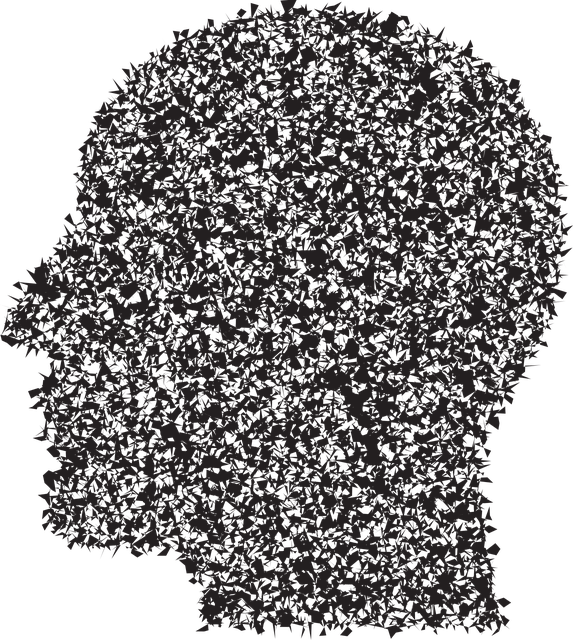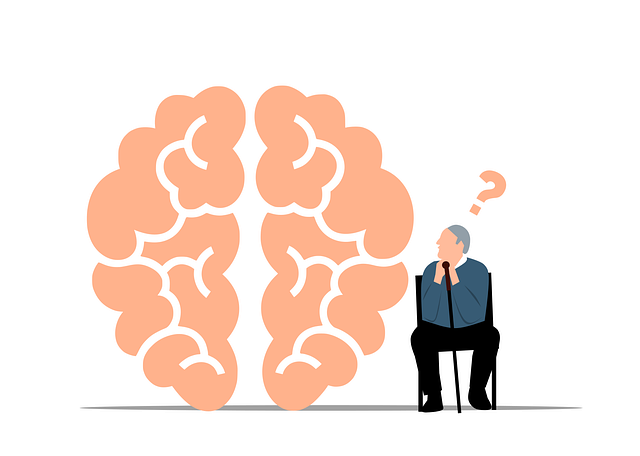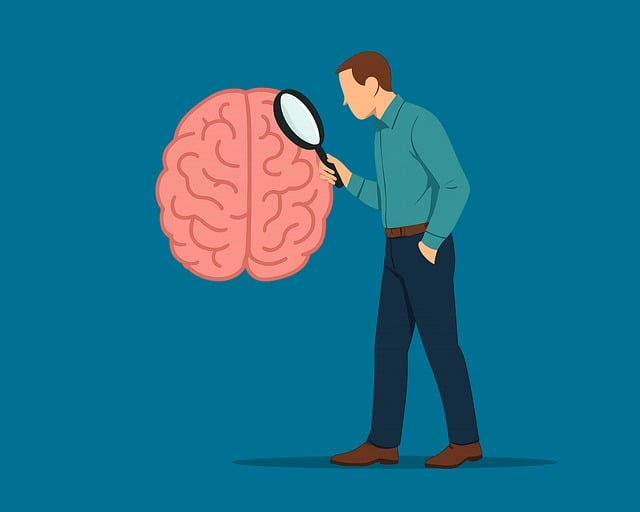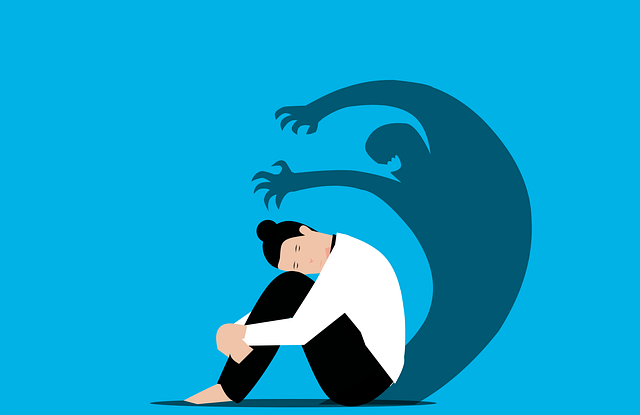Lone Tree Neuro Disorders Therapy introduces mental wellness journaling as a powerful self-reflection tool. By documenting thoughts, feelings, and experiences through structured yet personalized practices, individuals gain insights into their mental health, navigate emotions, identify triggers, track progress, and foster understanding of themselves. This approach encourages confrontation of challenges, development of coping mechanisms, adoption of self-care practices, and builds resilience in a culturally sensitive environment, ultimately supporting transformative healing journeys.
“Unwind your mind and embark on a journey of self-discovery with mental wellness journaling. This powerful tool, backed by research from Lone Tree Neuro Disorders Therapy, offers a sanctuary for processing emotions and cultivating healing. In this article, we explore the transformative power of journaling, delving into its benefits for mental health and providing practical strategies to establish a routine. Discover how putting pen to paper can unlock insights, enhance self-awareness, and foster resilience.”
- Understanding Mental Wellness Journaling: Unlocking Self-Reflection and Healing
- The Role of Lone Tree Neuro Disorders Therapy in Journaling Practices
- Effective Strategies for a Therapeutic Journaling Routine
Understanding Mental Wellness Journaling: Unlocking Self-Reflection and Healing

Mental wellness journaling is a powerful tool for self-reflection and healing. By dedicating time to record thoughts, feelings, and experiences in a journal, individuals can gain valuable insights into their mental health and well-being. This practice allows one to explore emotions, identify triggers, and track progress over time, fostering a deeper understanding of oneself. It’s like having an intimate conversation with your inner self, where you unlock hidden truths and navigate the complexities of your mind.
For those seeking support, Lone Tree Neuro Disorders Therapy offers a safe space to integrate mental wellness journaling into therapeutic practices. The process encourages individuals to confront challenges, develop coping mechanisms, and cultivate self-care practices, such as stress management techniques. Cultural sensitivity in mental healthcare practice is also integral, ensuring that journaling exercises are inclusive and adaptable to diverse backgrounds. By combining these elements, individuals can embark on a transformative journey, where they actively participate in their healing and cultivate a profound sense of resilience.
The Role of Lone Tree Neuro Disorders Therapy in Journaling Practices

Lone Tree Neuro Disorders Therapy recognizes the profound impact that journaling can have on mental wellness. Integrating this practice into their approach, they guide individuals to harness the power of self-reflection through written expression. Journaling offers a safe space for exploring thoughts and emotions, helping clients gain insights into their mental states and patterns of thinking.
The therapists at Lone Tree Neuro Disorders Therapy encourage structured yet personal journaling practices tailored to individual needs. This may involve setting specific themes, prompts, or goals each day or week, fostering consistent reflection. By integrating this technique within the therapeutic framework, they enhance the effectiveness of mental wellness treatments, empowering individuals to take an active role in their healing journey alongside professional guidance.
Effective Strategies for a Therapeutic Journaling Routine

Establishing a consistent journaling practice can be a powerful tool for cultivating mental wellness. To make it therapeutic, incorporate reflective writing prompts that encourage exploration of emotions and thoughts. Start by setting aside dedicated time each day for journaling—even just 15 minutes—to create a ritualistic routine. Choose a quiet space where you feel at ease to write openly without distractions.
Lone Tree Neuro Disorders Therapy recommends using your journal as a safe space to practice compassion cultivation, exploring any emerging feelings without judgment. Consider incorporating specific techniques like risk management planning for mental health professionals to help navigate challenging emotions or conflicts. For instance, if a particular topic triggers distress, develop effective conflict resolution techniques to manage these reactions and promote healthier coping strategies.
Mental wellness journaling is a powerful tool that, with consistent practice, can profoundly enhance one’s emotional well-being. By combining techniques discussed, such as those employed by Lone Tree Neuro Disorders Therapy, individuals can unlock deeper self-reflection and cultivate healing. Incorporating effective strategies into a routine allows for transformative insights and improved mental resilience. Start journaling today to embark on a journey of self-discovery and empowerment.








